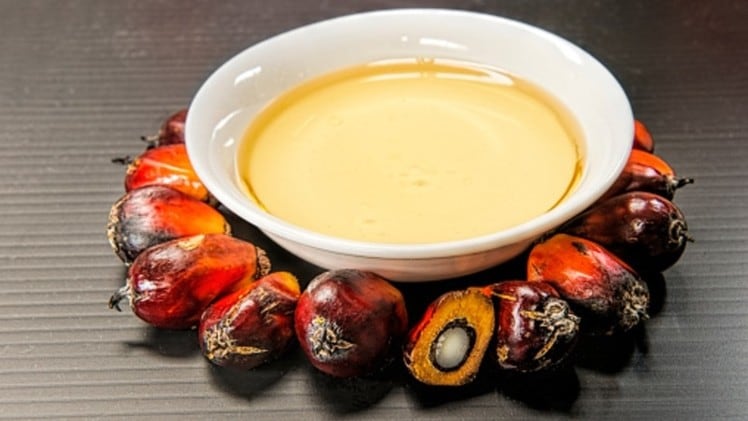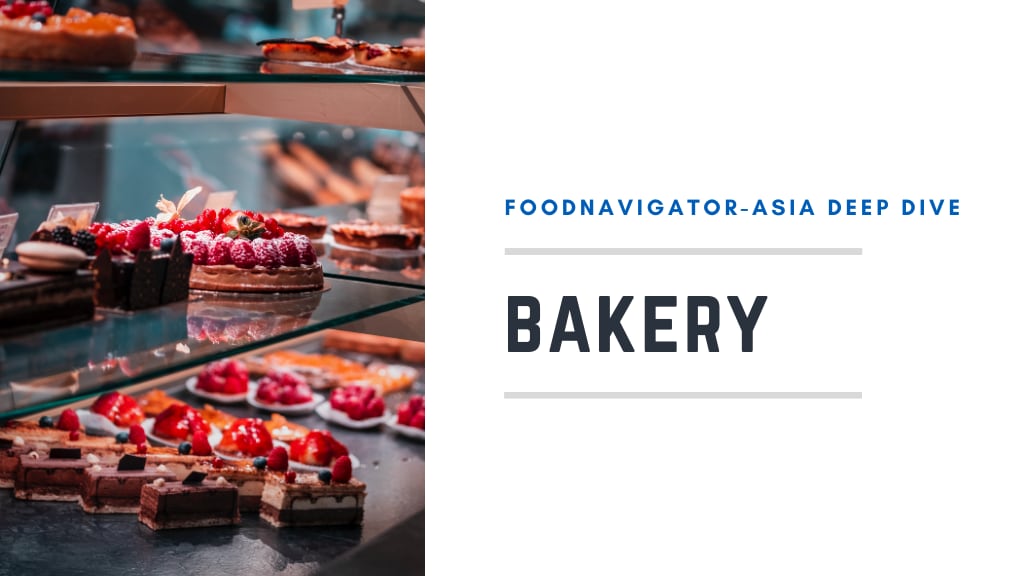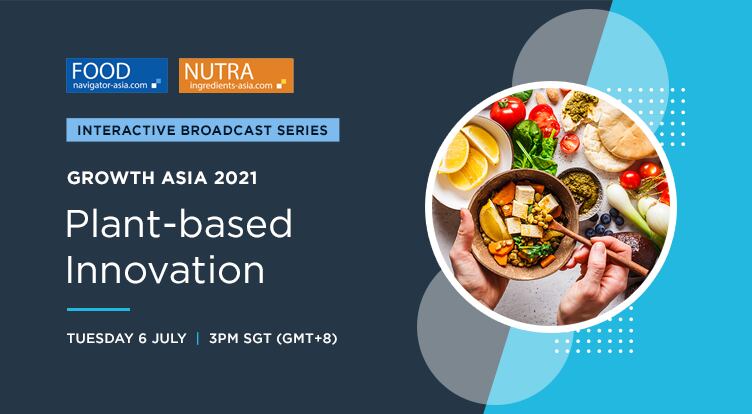‘Not sustainable’: Amul boss lambasts foreign ‘dairy dumping’ and ‘highly processed’ plant-based products as greatest dairy threats
The head of India’s largest milk brand Amul has hit out at excess ‘dairy dumping’ from foreign countries and the recent rise of ‘highly processed’ plant-based dairy as major threats to India’s largest agricultural sector.
Some 100 million families in India are dependent on the dairy industry for a living, and according to Dr Rupinder Singh Sodhi, Managing Director of Amul India and International Dairy Federation board member, recent developments such as increased milk imports and the plant-based dairy movement are causing undue threat to the traditional dairy industry.
“India is one of largest consumers of milk worldwide and also one of the fastest-growing, so when other dairy-rich countries markets are growing, everyone wants to come to India and dump their excess milk production here,” Dr Sodhi told the audience at the recent Global Dairy Congress.
“Another major threat to the industry is the recent rise of analogue or ‘plant-based’ products. These so-called plant-based milks are not even plant-based, but are instead lab-based, highly-processed chemical foods.”
Sustainable sea cucumber: How Singapore’s The Aquaculture Group will responsibly harvest 50,000 this year
Singapore‘s The Aquaculture Group expects to harvest its first sea cucumbers (Holothuria scabra) later this year, a much-prized delicacy in Chinese cuisine which is endangered in the wild due to overfishing.
The harvest is expected to yield over 50,000 sea cucumbers from its sea farm in the Philippines. The firm also grows methane-reducing seaweed (Asparagopsis taxiformis) which is a feed additive for livestock.
CEO Brandon Hargraves told FoodNavigator-Asia sustainability was at the core of the company, which was founded in 2020.
“Growing sea cucumbers in an agricultural environment helps with decreasing reliance on wild sea cucumber numbers,” he said.
Palm oil traceability: Musim Mas cites mill success but acknowledges smallholder plantation challenges
Palm oil firm Musim Mas has achieved 100% traceability to its mills and is working on achieving the same for its plantations, but concedes that there are challenges when it comes to working with smallholders.
As of Q1 2021, the Singapore-headquartered firm achieved 84% traceability to its plantations.
Traceability plays a key role in the company’s sustainability strategy which spreads across farmers (plantations), millers, refineries, and consumer goods manufacturers.
The company recently published its inaugural Social Impact Report detailing its progress on the Sorek plantation, in the province of Riau, Indonesia.
Flipping the lid: Nissin cuts plastic use with new cup noodle packaging innovation
Nissin is eliminating the use of lid-closing stickers on its cup noodle packaging, replacing it with a new innovation, in a bid to reduce plastic waste.
Previously, the sticker kept the lid shut after hot water was poured into the cup noodle container, however it was made from plastic. The new double flap lid will offer the same action, with a W shape flap to keep the lid shut.
According to Haruka Aoki, chief of the corporate communication division at Nissin Foods Holdings, this move was aimed at reducing plastic waste.
“In recent years, environmental issues concerning plastic waste have been attracting a great deal of attention. By eliminating the plastic lid-closing sticker used in cup noodles, this initiative aims to reduce the amount of plastic used by 33 tons annually.”
Deliciou-s bite: Shark Tank alumni sets sights on China with first shelf-stable plant-based meats after cross-country supermarket success
Australia-based Deliciou has its eye on China and other Asian markets with its market-first shelf-stable plant-based meat products after successful launches in both Australia’s Coles and Woolworths and US’ Whole Foods supermarkets.
Deliciou first came into the public eye in 2017 when CEO Kjetil Hansen went on reality television show Shark Tank Australia and emerged with a successful A$300,000 (US$227,201) deal for his bacon-flavoured seasoning to ‘make anything taste like bacon’.
Four years on, Deliciou has a total of 13 seasonings, five of which are bacon-based and 10 others from cheese to chipotle, all of which are doing well and being ranged in major supermarkets in both Australia and the United States.
“Whole Foods is our most recent supermarket entry and we’re in over 400 stores, and in Australia we’re in both Coles and Woolworths nationwide so I expect we now cover about 70% of the market in terms of supermarket presence,” Hansen told FoodNavigator-Asia.





